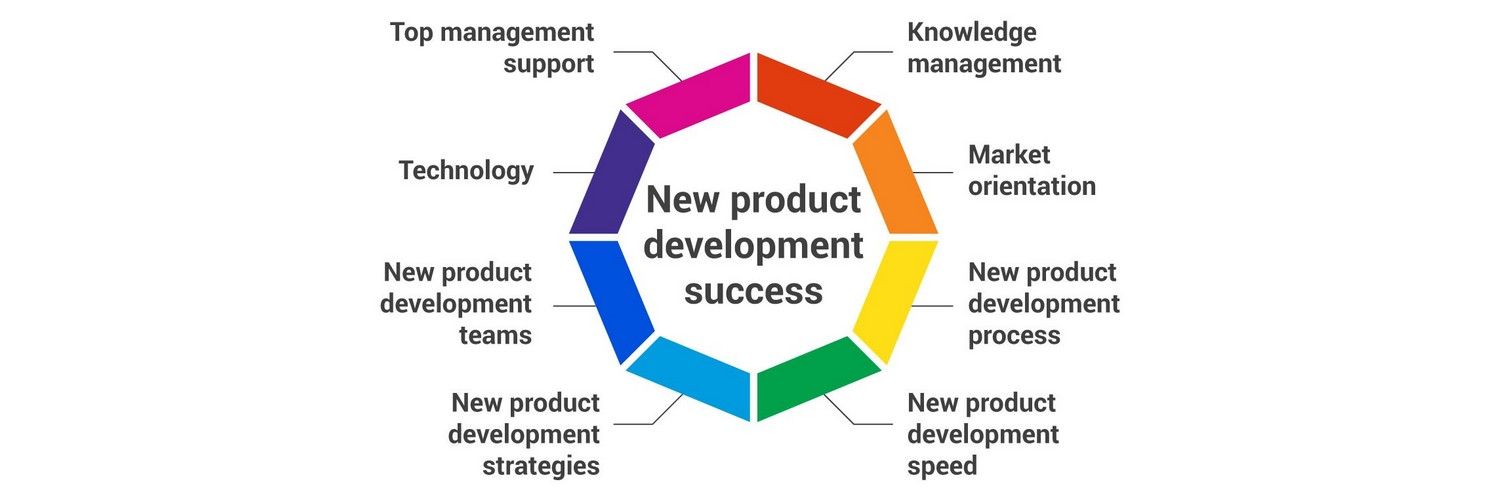Unveiling the Power of Your Product: A Guide to Effective Product Marketing and Sales
As an interior design and architecture expert, I understand the importance of creating spaces that not only look beautiful but also function seamlessly. This same principle applies to product marketing and sales. To truly connect with your ideal customer, you need to go beyond simply listing features and instead highlight the benefits those features deliver.
Let’s break down the process of crafting compelling product messaging that resonates with your target audience.
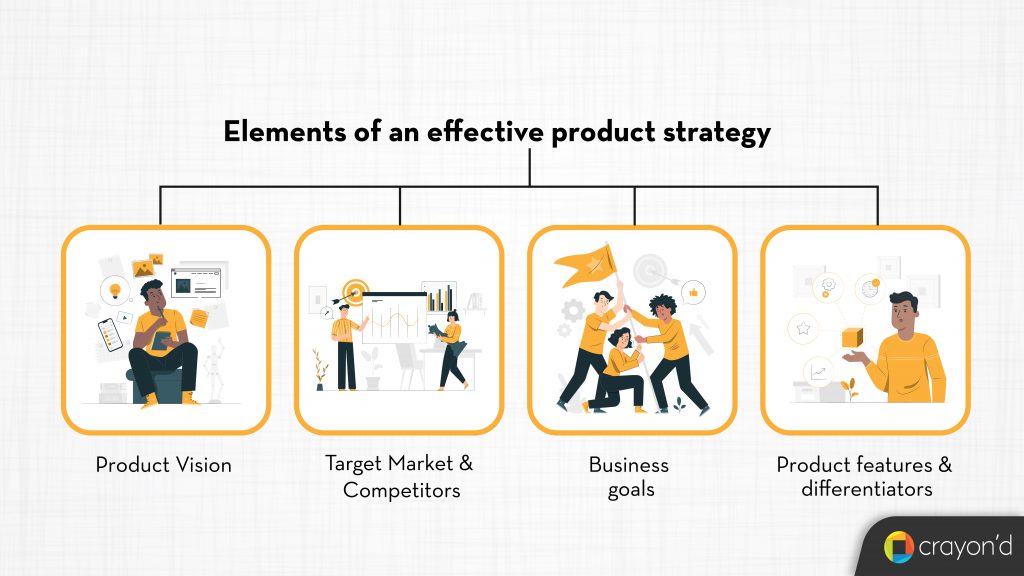
1. Know Your Customer Inside and Out:
Before you can effectively communicate the value of your product, you need to understand your ideal customer. Ask yourself:
- Who are they? What are their demographics, lifestyle, and interests?
- What are their pain points? What challenges do they face that your product can solve?
- What are their motivations? What are their goals and aspirations?
- Where do they spend their time online and offline? Where can you reach them with your marketing message?
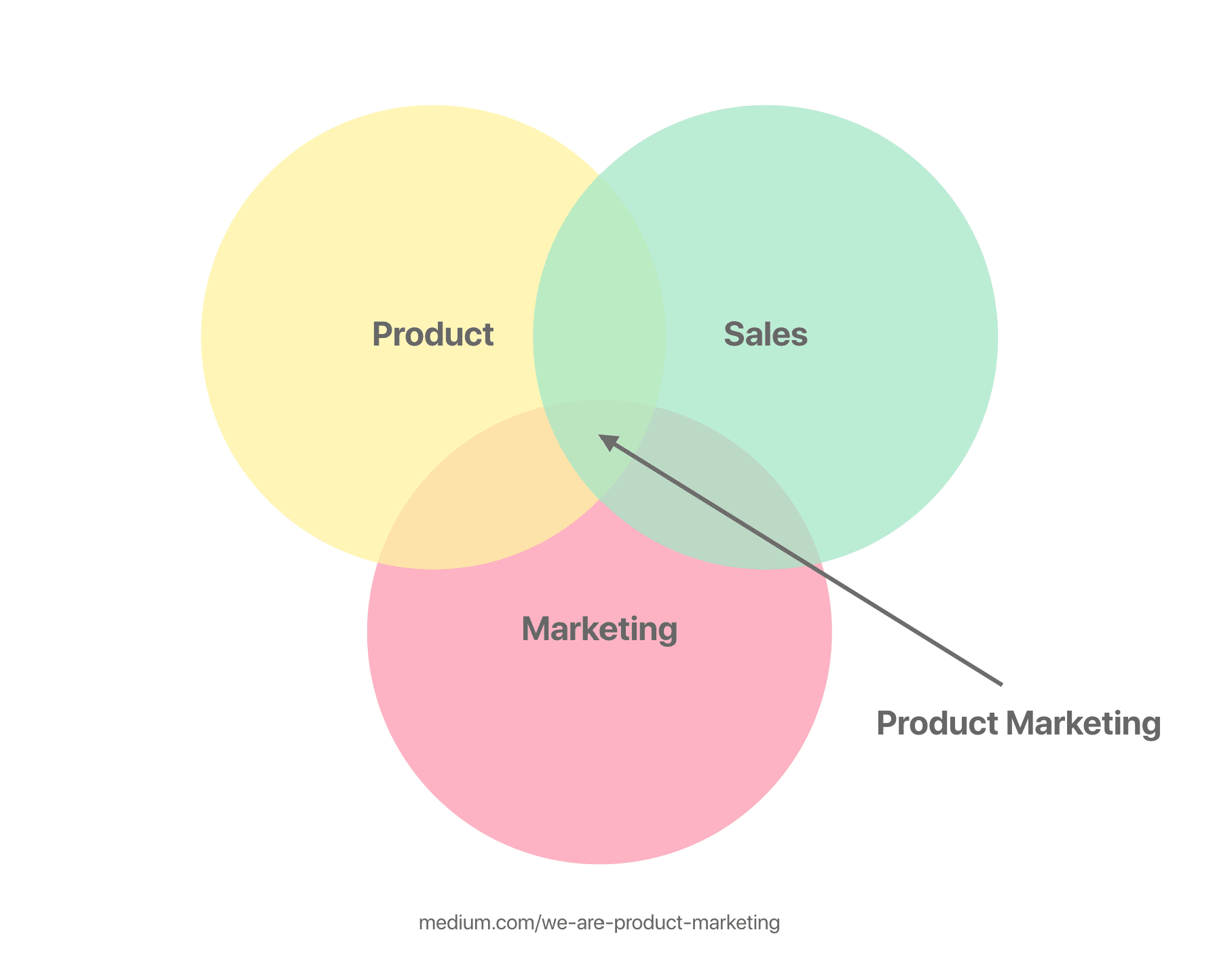
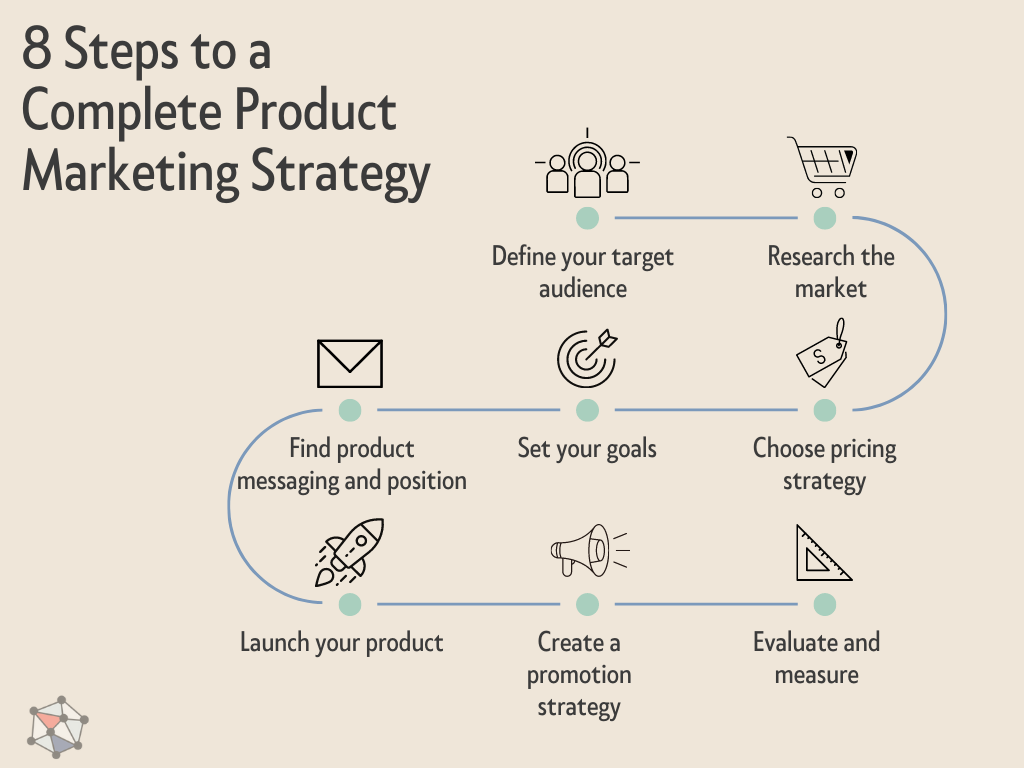
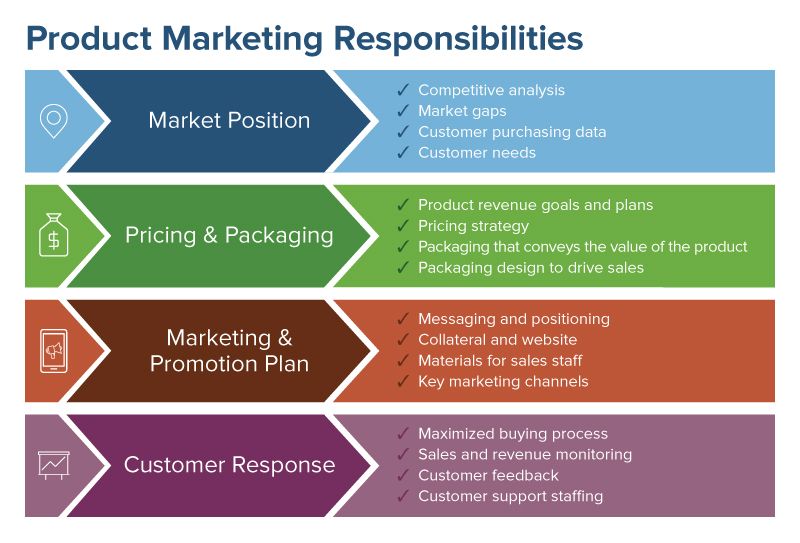
Example:
Imagine you’re selling a smart home security system. Your ideal customer might be a young professional couple with a busy lifestyle who prioritize safety and convenience. They are likely tech-savvy and appreciate the ability to monitor their home remotely.
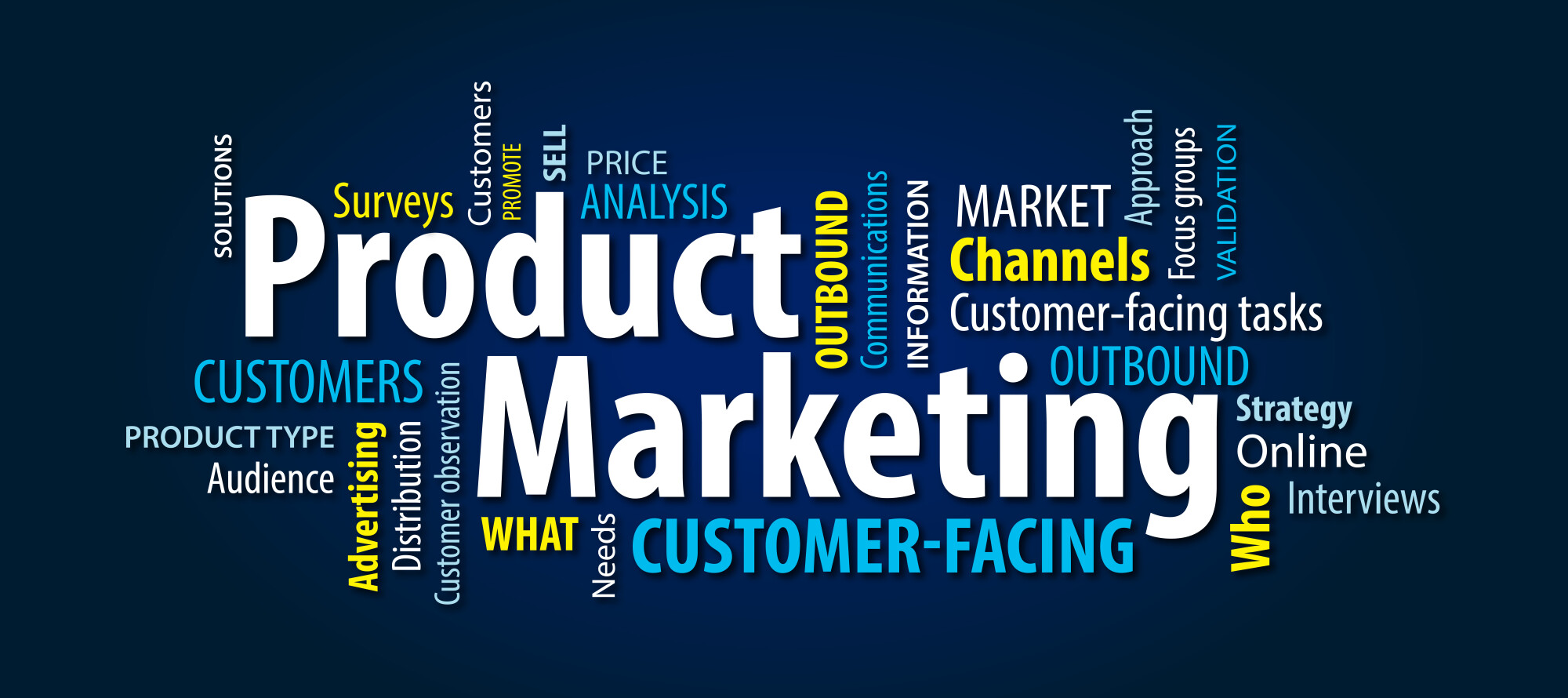
2. Identify Your Product’s Unique Selling Proposition (USP):
What makes your product or service stand out from the competition? What are its key differentiators?
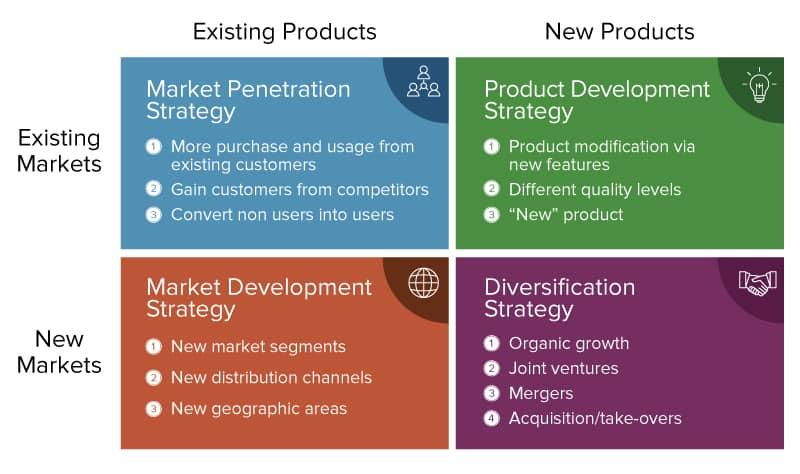
Example:
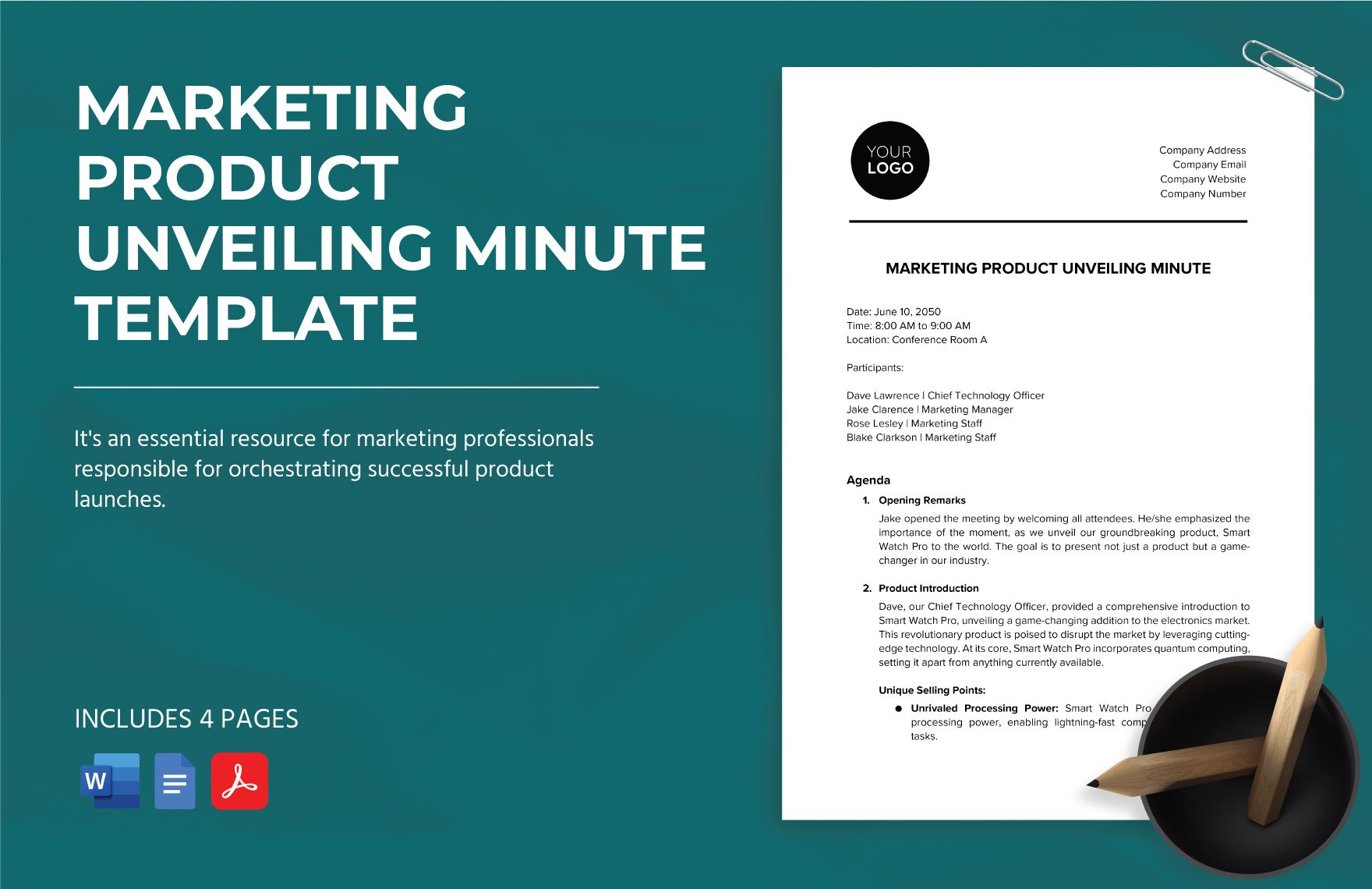
Continuing with the smart home security system, your USP might be:
- Advanced AI-powered facial recognition for personalized security.
- Seamless integration with other smart home devices for a connected experience.
- 24/7 professional monitoring for peace of mind.
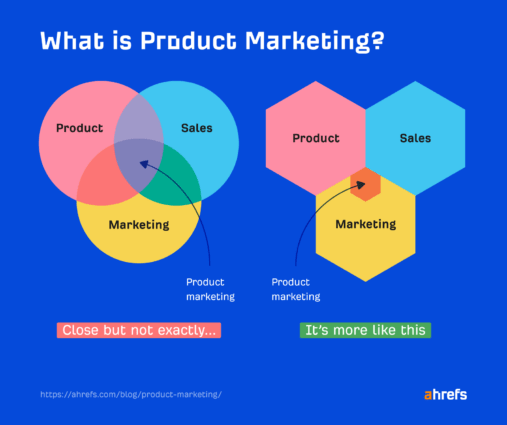
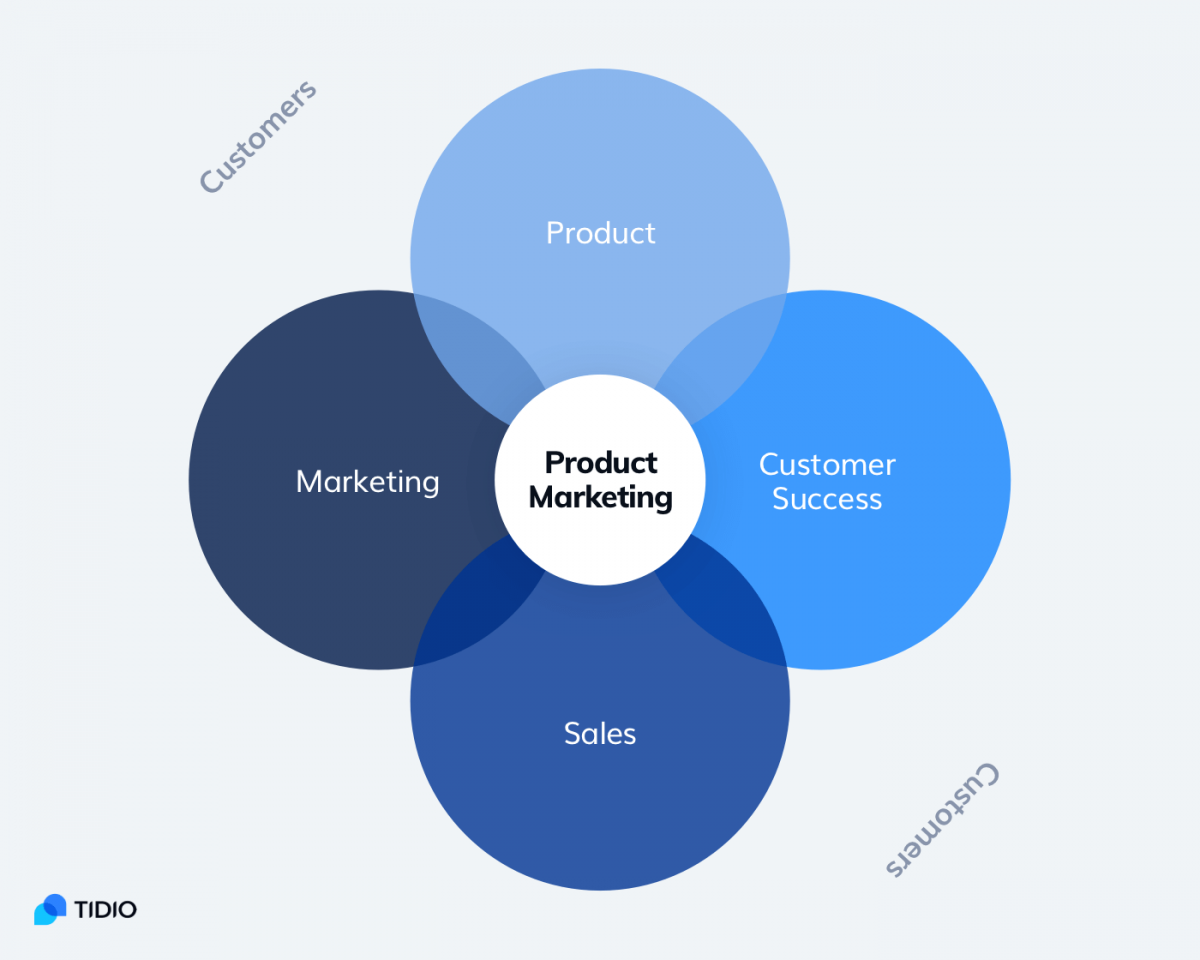
3. Translate Features into Benefits:
Features are the technical specifications of your product. Benefits are the positive outcomes your customers experience as a result of those features.
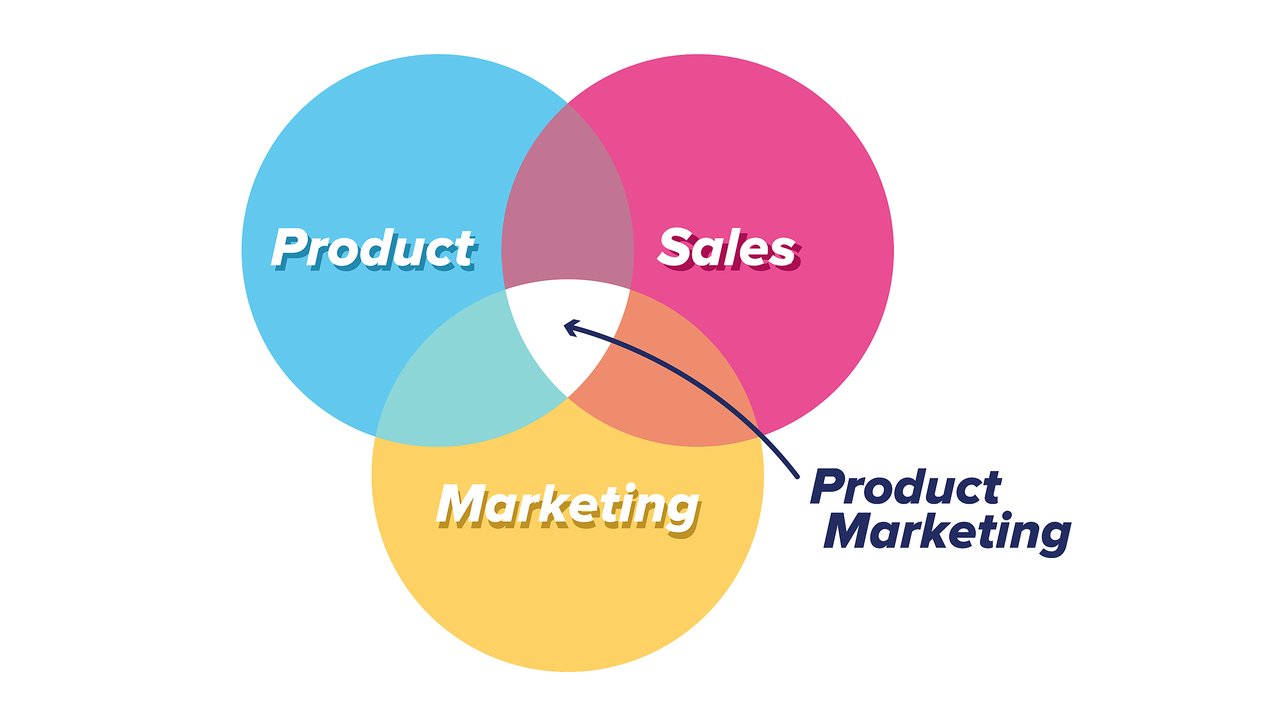
Example:
Feature: "High-definition camera with night vision."

Benefit: "See everything clearly, day or night, so you can rest assured knowing your home is safe."
4. Craft Compelling Messaging:
Use clear, concise language that resonates with your target audience. Focus on the benefits your product delivers and how it solves their problems.
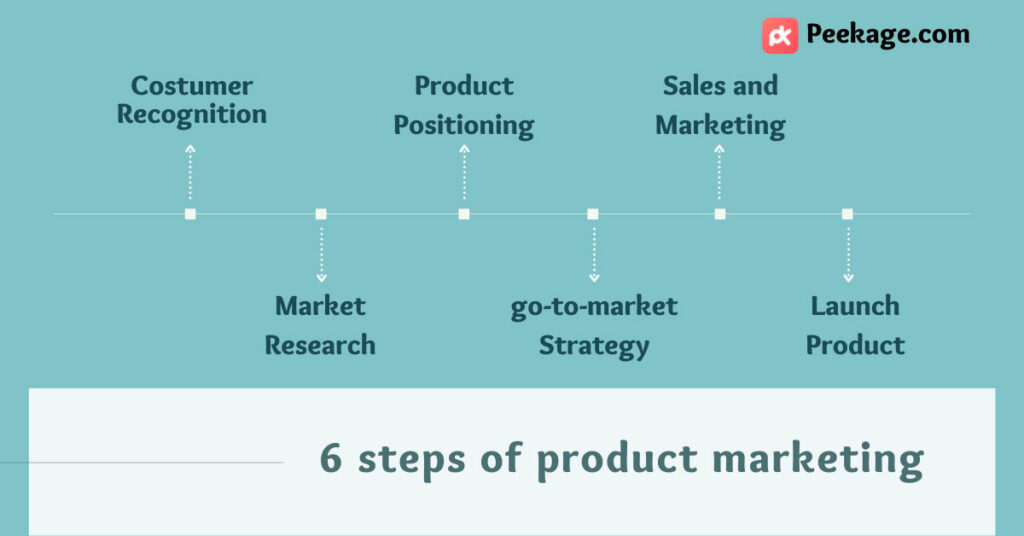
Example:
Instead of saying "Our security system has a motion sensor," you could say: "Feel safe and secure knowing our motion sensor will alert you instantly if any unauthorized activity is detected."
5. Use Visual Storytelling:
Images, videos, and even floor plans can be powerful tools for showcasing your product’s benefits.
Example:
- Floor plan: Use a floor plan to illustrate how your smart home security system can enhance the safety and functionality of a home.
- Video: Create a video demonstrating the ease of use and the peace of mind your product provides.
- Images: Use high-quality images to showcase the sleek design and user-friendly interface of your product.
6. Emphasize Social Proof:
Customer testimonials, reviews, and case studies can build trust and credibility.
Example:
"Our customers love the peace of mind our system provides. One homeowner shared, ‘I used to worry about leaving my home unattended, but now I can monitor everything from my phone and feel completely safe.’"
7. Create a Consistent Brand Voice:
Develop a unique brand voice that reflects your product’s values and resonates with your target audience.
Example:
If your smart home security system is designed for tech-savvy individuals, your brand voice might be playful and informative. If it’s geared towards families, your voice might be warm and reassuring.
8. Use a Variety of Marketing Channels:
Reach your target audience where they are. This might include:
- Social media: Facebook, Instagram, Twitter
- Email marketing: Targeted email campaigns
- Content marketing: Blog posts, articles, videos
- Search engine optimization (SEO): Optimize your website for relevant keywords
- Paid advertising: Google Ads, social media ads
9. Track Your Results:
Monitor your marketing efforts and adjust your strategy as needed. Use analytics tools to track website traffic, social media engagement, and sales conversions.
10. Focus on Building Relationships:
Ultimately, the goal of product marketing and sales is to build lasting relationships with your customers. Provide excellent customer service, be responsive to their needs, and create a community around your product.
Example:
- Offer a free consultation: Help potential customers understand how your product can meet their specific needs.
- Host online events: Engage with your audience through webinars, Q&A sessions, and online workshops.
- Create a customer loyalty program: Reward your loyal customers for their continued support.
Remember, the key to successful product marketing and sales is to focus on the benefits your product delivers and how it solves your customers’ problems. By understanding your target audience, crafting compelling messaging, and using a variety of marketing channels, you can effectively communicate the value of your product and drive sales.
